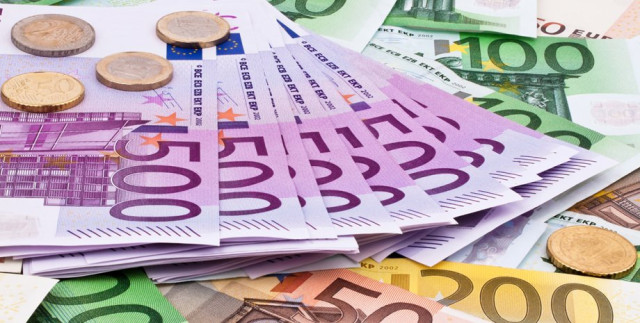
Exports of processed agricultural products from Kazakhstan increased by 64 percent, reaching $2.3 billion, as announced by Kazakh Agriculture Minister Yerbol Karashukeyev during a Senate meeting. According to him, the top three processing industries include flour production, which holds a 17 percent share, followed by dairy products and meat products, each accounting for 16 percent. Moreover, the production of flour significantly exceeds domestic consumption. It is worth noting that the self-sufficiency of the domestic market with respect to domestic raw materials stands at 237 percent, while the figures for pasta and grain reach 122 and 102 percent, respectively.
“A concerning issue here is the shrinking of the markets for Kazakhstan’s flour due to the development of domestic processing in traditional importing countries through the introduction of protectionist measures of state support. In this regard, the ministry is taking measures to expand product sales markets. Thus, as part of the recent visit of the Head of State to China, we are working on expanding the export of grain processing products to China and adding new companies in the register of suppliers,” Karashukeyev said.
The minister also reported an increase in investment in agricultural production. In 2022, the capital investments in this sector reached 141 billion tenge. Also, despite the export restrictions imposed on certain items last year, the supply of agricultural products increased by 46 percent compared to 2021, reaching $5.6 billion, due to the growth in production volumes.
“State support measures are also being taken to encourage businesses to open new production facilities. These measures include investment subsidies of up to 25% percent of the costs for the construction and modernization of enterprises involved in deep processing of grain crops, subsidizing the interest rate on loans, allocating preferential loans to replenish working capital within the Economy of Simple Things programme, tax benefits in the form of a 70 percent reduction in VAT, and reimbursement of transportation costs for exports up to 30 percent. The implementation of 11 investment projects with a total capacity of 58,000 tonnes of cereals and pasta products, and 21,000 tonnes of starch products, commenced this year,” Karashukeyev added.









